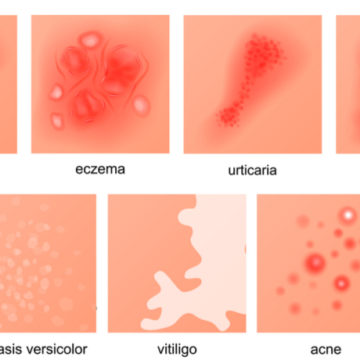What is the best defense for a toxic relationship? In a toxic relationship, your painful feelings are constantly triggered; you experience a drop in positive energy, and find yourself reacting with negativity, anger, defensiveness, and often built-up resentment. This relationship may be with a family member, co-worker, partner, or friend.
The best defense is to take full responsibility for your feelings. Their behavior is triggering your response, but is actually not the reason for your painful reaction. You own this reaction, and its origins come from your subconscious needs. This is not to imply that the other person isn’t coming from an unhealthy or unreasonable place, but the only person you can make a difference with is yourself. Here are 4 steps:
1. Reflect on the tension you are feeling, and breath into where you are feeling it most – a clenched jaw, a headache, tightness in your shoulders, etc. Then, notice the emotion(s) that arise: frustration, anger, shame, or resentment. Each specific emotion communicates a need you are not on track to meet. Frustration arises when you aren’t on track to achieve a goal. Anger arises when you are not on track to assert a right. Identifying your needs will lead to options you can chose to deal effectively and strategically with this person.
2. Especially with resentment, which is connected to a need to air your grievance and get it heard, let the other person know what isn’t working for you. Owning your emotions, needs, and reactions is much easier for the other person to hear and understand. You may have some suggestions for their behavior, but ask them what they think they could do first. Be sure to focus on their behavior. It’s not the whole person who is toxic for you, but their behavior.
3. Set limits. You decide what you will and will not tolerate in the relationship. Be specific. What are the consequences? For example, “I will wait for 10 minutes only, but if I don’t hear from you by that time, then I will make a choice to move on or start my meal without you.”
4. Ask yourself what you can learn from this relationship. For example, I realized in a relationship with a now ex-husband that I was always hoping he would change. My insight was that if I couldn’t appreciate and accept him for the way he was, I shouldn’t be in the relationship. I was the one who had the problem. I did my own work and eventually moved on.
Relationships work well in helping us grow, and often it’s the toxic ones that teach us the most.
Andrea Zintz, President, Strategic Leadership Resources (SLR)
www.strategicleadershipresources.com



